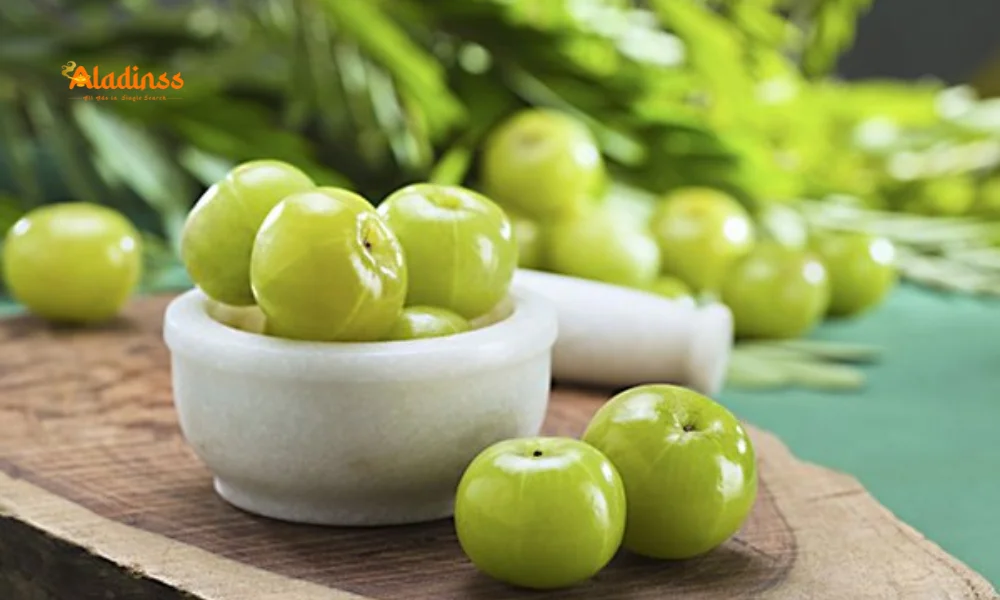Top 3 Foods to Avoid for Acne: Dermatologist’s Advice

Top 3 Foods to Avoid for Acne: Dermatologist’s Advice
Struggling with persistent acne despite using every cleanser and cream on the market? The secret to clearer skin might lie in your diet. What you eat can significantly impact your skin by triggering hormonal changes and inflammation, both of which are key culprits behind acne flare-ups. Dr. Aanchal Panth, a dermatologist and hair transplant surgeon trained at AIIMS, recently shared expert insights on this topic in an Instagram video posted on August 28. In her video, she highlighted three foods to avoid for acne-prone skin—dairy, sugar and refined carbs, and processed foods—along with healthier alternatives to incorporate into your diet. This article dives into the science behind these recommendations, offering practical tips to help you achieve glowing, acne-free skin through mindful eating.
The Link Between Diet and Acne
Acne is often thought to be solely a skincare issue, but diet plays a critical role in skin health. Dr. Panth explains that certain foods can exacerbate acne by influencing hormonal pathways and promoting inflammation. “While food is not the only reason for acne, making mindful choices can reduce flare-ups and support your treatment,” she notes. By understanding how specific foods affect the body, individuals with acne-prone skin can make informed dietary choices to complement their skincare routines. This approach not only addresses visible symptoms but also tackles the root causes of acne, leading to longer-lasting results.
The connection between diet and acne lies in how foods impact insulin, hormones, and inflammation. For instance, foods that cause rapid spikes in blood sugar can trigger excess oil production, while those high in unhealthy fats can fuel inflammatory responses. Dr. Panth’s recommendations focus on eliminating or reducing these triggers, offering a holistic strategy for managing acne. Let’s explore the three foods she advises avoiding and why they can wreak havoc on your skin.
Dairy: A Major Acne Trigger
Dairy products, particularly skim milk, are among the top culprits for acne-prone individuals. Dr. Panth explains that dairy can elevate levels of Insulin-like Growth Factor (IGF-1), a hormone produced by the liver that stimulates oil production and inflammation in the skin. “Dairy, especially skimmed milk, can raise IGF-1 levels, which triggers oil production and inflammation, worsening breakouts,” she says. This hormonal surge increases sebum production, clogging pores and creating an environment ripe for acne-causing bacteria.
Skim milk is particularly problematic because the removal of fat concentrates other components, such as whey protein, which can further exacerbate acne. Other dairy products, like cheese and ice cream, also contribute to flare-ups due to their high lactose content and hormonal effects. For those with acne-prone skin, cutting out or significantly reducing dairy consumption can lead to noticeable improvements in skin clarity over time.
Sugar and Refined Carbs: Fueling Hormonal Imbalances
Sugar and refined carbohydrates, such as white bread, pastries, and sugary drinks, are another major contributor to acne. According to Dr. Panth, these foods cause rapid insulin spikes, which lead to hormonal fluctuations that increase oil production and clog pores. “Refined carbs or foods that contain high levels of sugar should be avoided,” she advises. “It causes insulin spikes leading to hormonal fluctuations. This results in clogged pores, causing more breakouts and pimples.”
High-glycemic foods, like fruit juices and sugary snacks, are particularly problematic because they cause sharp increases in blood sugar, triggering the release of insulin and androgens. These hormones stimulate the sebaceous glands, leading to excess oil and acne. Swapping refined carbs for low-glycemic alternatives, such as whole grains, can help stabilize blood sugar and reduce the likelihood of breakouts.

Processed Foods: Inflammation and Additives
Processed and junk foods, such as pizza, burgers, and French fries, are loaded with unhealthy fats, additives, and preservatives that can wreak havoc on acne-prone skin. Dr. Panth notes, “Junk food and ultra-processed foods often contain tons of unhealthy fats and additives that are detrimental for the skin. They fuel inflammation in the skin, leading to pimples and acne.” These foods are often high in trans fats and omega-6 fatty acids, which promote inflammatory responses that exacerbate acne symptoms.
Additionally, processed foods often lack essential nutrients that support skin health, such as antioxidants and healthy fats. Regular consumption can disrupt the skin’s natural barrier, making it more susceptible to breakouts. By minimizing these foods, individuals can reduce inflammation and create a healthier environment for their skin to thrive.
Healthier Alternatives for Acne-Prone Skin
Eliminating problematic foods is only half the battle; replacing them with skin-friendly alternatives is equally important. Dr. Panth recommends swapping dairy milk for almond milk, which is free of IGF-1 and less likely to trigger acne. Instead of sugary snacks and fruit juices, opt for a balanced diet rich in whole foods like fruits, vegetables, and whole grains. For protein, vegetarian sources such as lentils, beans, and Greek yogurt are excellent choices that don’t exacerbate acne.
Incorporating anti-inflammatory foods like spinach, flaxseeds, and chia seeds can further support skin health. These foods are rich in omega-3 fatty acids, antioxidants, and fiber, which help reduce inflammation and promote a clear complexion. Greek yogurt, unlike regular dairy, is often better tolerated due to its lower lactose content and probiotic benefits, which support gut health—a key factor in managing acne.
The Science Behind Food and Acne
The connection between diet and acne is rooted in hormonal and inflammatory pathways. Dairy products increase IGF-1 levels, which stimulate sebum production and clog pores. High-glycemic foods like sugar and refined carbs cause insulin spikes that trigger androgen production, further exacerbating oiliness and acne. Processed foods, with their unhealthy fats and additives, promote systemic inflammation, which manifests as redness, swelling, and pimples on the skin.
By contrast, a diet rich in anti-inflammatory and nutrient-dense foods can counteract these effects. For example, omega-3 fatty acids in flaxseeds and chia seeds reduce inflammation, while antioxidants in spinach protect skin cells from damage. A balanced diet also supports gut health, which is increasingly recognized as a critical factor in skin clarity. Dr. Panth emphasizes, “Glowing skin starts from the inside too!”
Practical Tips for Dietary Changes
Making dietary changes to manage acne doesn’t have to be overwhelming. Start by gradually eliminating one problematic food group, such as dairy, and monitor your skin’s response over a few weeks. Keep a food diary to track what you eat and how it affects your skin, helping you identify specific triggers. When craving sweets, reach for naturally sweet fruits like berries or apples, which have a lower glycemic impact than processed sugars.
Meal prepping can also make it easier to stick to a skin-friendly diet. Prepare batches of Greek yogurt parfaits with chia seeds or spinach-based smoothies to ensure you have healthy options on hand. If you’re transitioning away from dairy, experiment with plant-based alternatives like almond milk or oat milk to find what suits your taste. Consulting a dermatologist or nutritionist can provide additional guidance, especially if you have underlying health conditions or specific dietary needs.
Important Considerations
While dietary changes can significantly improve acne, they are not a cure-all. Acne is influenced by multiple factors, including genetics, stress, and skincare habits. Dr. Panth’s advice complements topical treatments and professional care, enhancing their effectiveness. For severe or persistent acne, consult a dermatologist to develop a comprehensive treatment plan that may include medications or specialized therapies.
Note that this article is for informational purposes only and not a substitute for professional medical advice. Always seek guidance from a healthcare provider before making significant dietary changes, especially if you have pre-existing conditions. By combining Dr. Panth’s dietary recommendations with a consistent skincare routine, you can take meaningful steps toward clearer, healthier skin.
Comment / Reply From
No comments yet. Be the first to comment!






